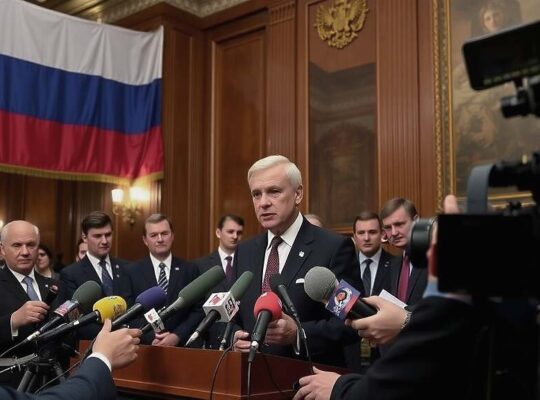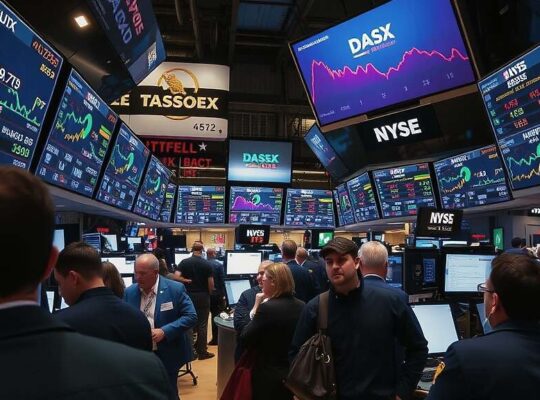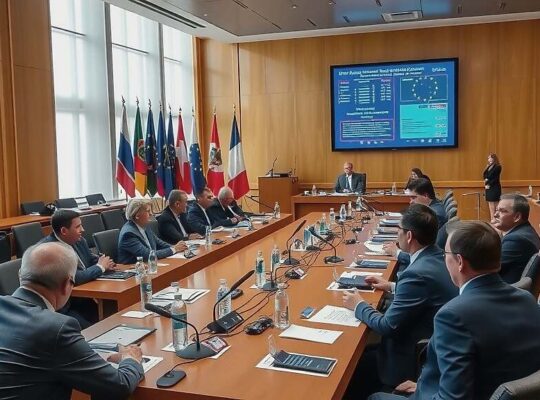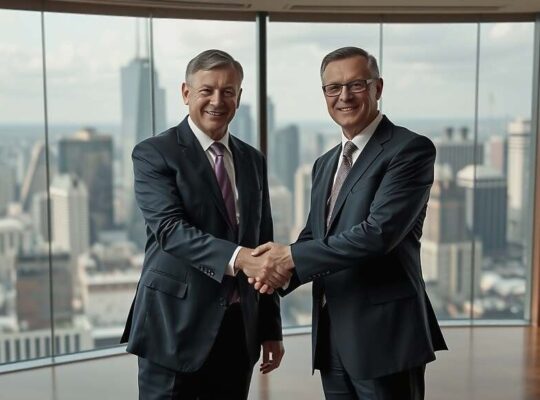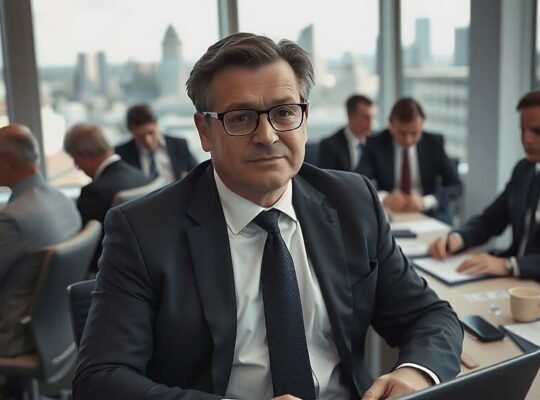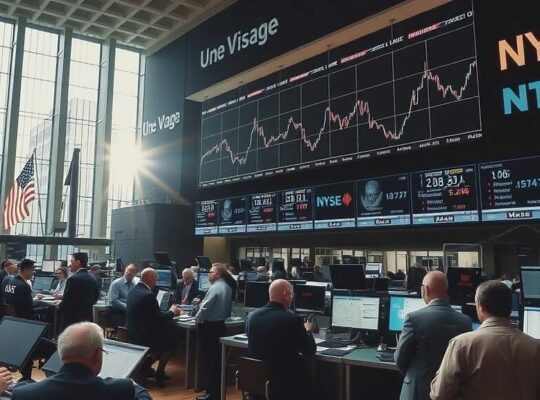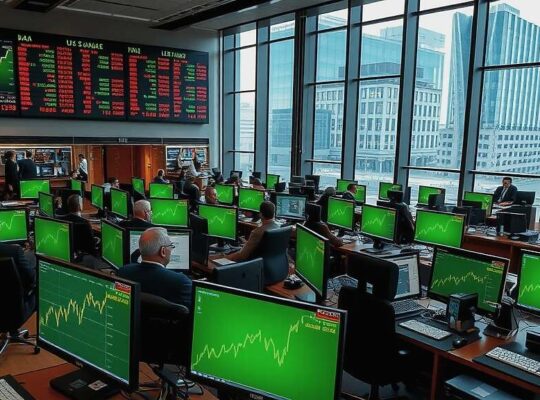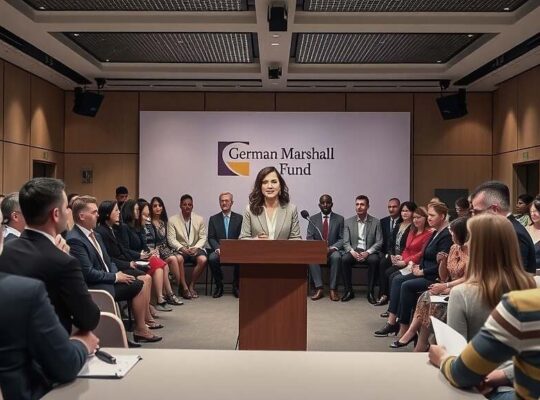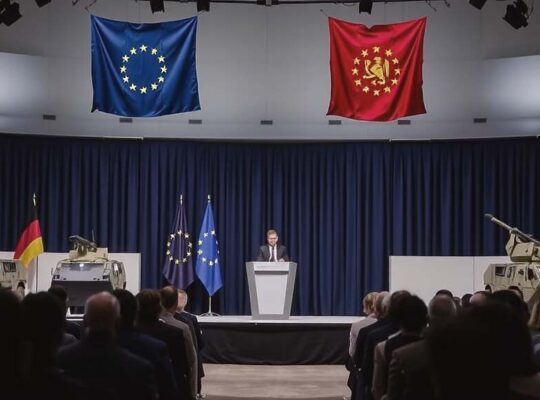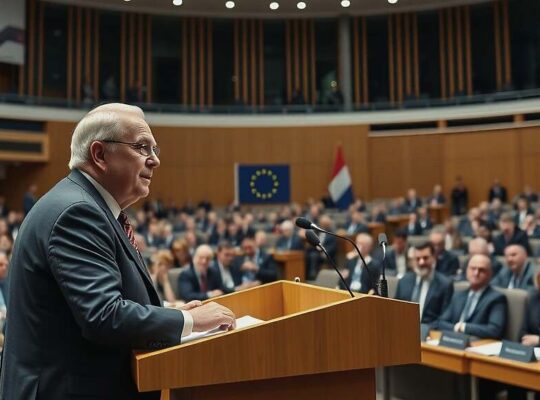A discernible shift in investor sentiment regarding Europe and Germany has emerged, signaling a potential drag on economic prospects. Cornelius Riese, CEO of DZ Bank, recently observed a renewed skepticism amongst international investors, particularly concerning France, following the International Monetary Fund’s (IMF) meetings in Washington. Riese’s assessment reflects a broader trend of waning confidence previously fueled by hopes of a European resurgence.
While Germany enjoyed a period of positive momentum earlier this year, that enthusiasm has demonstrably subsided. Riese characterized the current climate as one of “disillusionment” highlighting a growing impatience among investors who are demanding tangible results. The lack of progress on key reforms and the absence of compelling infrastructure projects are cited as primary concerns obstructing further investment. The message is clear: Europe must deliver on its promises to regain investor trust.
This sentiment is corroborated by observations from J.P. Morgan, a financial institution known for its extensive investor conferences coinciding with IMF gatherings. According to Joyce Chang, head of research at J.P. Morgan, a previously dominant narrative of capital flowing from the United States to Europe has now reversed. The opportunity to capitalize on the perceived undervaluation of European assets, she argues, has been “lost”. Investor focus has now largely returned to the U.S., implying Europe’s ability to attract capital and stimulate growth is facing significant headwinds.
The implications are politically charged. European leaders, already grappling with economic uncertainties, now face mounting pressure to implement meaningful reforms and demonstrate a clear vision for the continent’s future. Failure to do so risks a prolonged period of investor hesitancy and potentially, a deepening of existing economic challenges. The “moment” to reinvigorate European investment, it appears, has passed and the consequences could be far-reaching.



